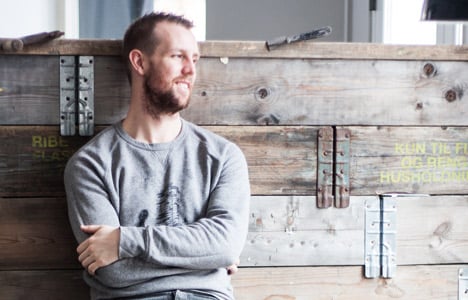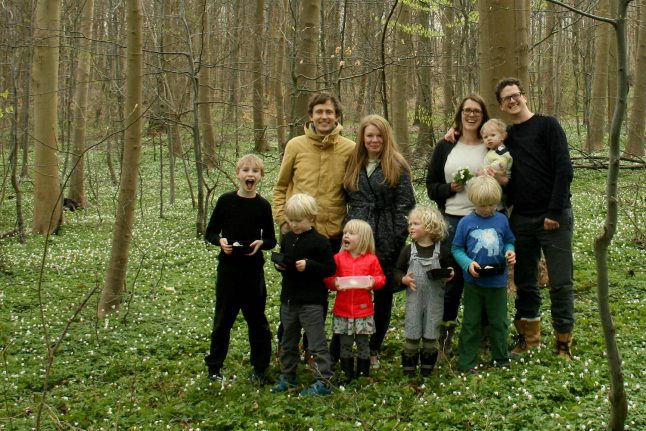MY DANISH CAREER
‘I wanted to offer Danes a taste of Aussie food’
In the latest instalment of My Danish Career, The Local sat down with Australian expat Matt Niall to talk to him about his new cafe/restaurant Souls.
Published: 13 April 2016 09:42 CEST

One year ago Australian Matt Niall had the idea that he wanted to open a plant-based cafe in Copenhagen where people could make a clear choice about the food they eat and where it comes from.
Niall has lived in Copenhagen for 12 years. From the age of seven, he caught the travel bug after visiting the UK with his grandparents, and as he grew up knew that he wanted to have a life outside of Australia. From his late teens he travelled around Europe, starting in Italy and finally settling in Denmark, where he earned a business degree at Copenhagen Business School. He then started a career in the food industry with Sticks and Sushi, until the idea for his new venture took hold.
“I have a real passion for service and I wanted to offer people a taste of Aussie food – healthy, quick and convenient but with an emphasis on making a clear choice about where that food has come from,” Niall said.
The Aussie and his business partner opened their cafe Souls on April 1st, a date that many might shy away from. But there were certainly no jokes that day as the queue snaked out the door and social media brimmed with people raving about the food and the atmosphere.
“Originally it was planned to be a take-away place but we were lucky enough to have the chance to take on a big corner premises on Melchoirs Plads in Østerbro. The space was perfect for what we wanted and the square outside offers so many opportunities for engaging with the local community with events and just simply bringing life to the area,” he said.
Working with an experienced chef, Niall devised a menu that is mainly plant-based but not totally vegan. Meat eaters can enjoy some free range chicken and salmon on the menu but the emphasis is certainly on plant-based food and showcasing how delicious and diverse this can be.
The cafe had done a soft open about a week before its official launch as the team worked on the menu and sought feedback from their first customers. Niall said it is important that the place offers what people want and the only way to find that out is to ask them.
Starting a business in a country that isn’t your own doesn’t come without challenges. The biggest one Niall faced was setting up a business without a broad network of friends and family to rely on.
“When something unexpected happened I sometimes struggled to find the right person to help out – my network here is less diverse or at least smaller than it would be back in Australia. But this has pushed me into expanding my network and I have met a number of people who have been particularly generous with their time and advice, which has been amazing.”
Url copied to clipboard!


 Please whitelist us to continue reading.
Please whitelist us to continue reading.
Member comments